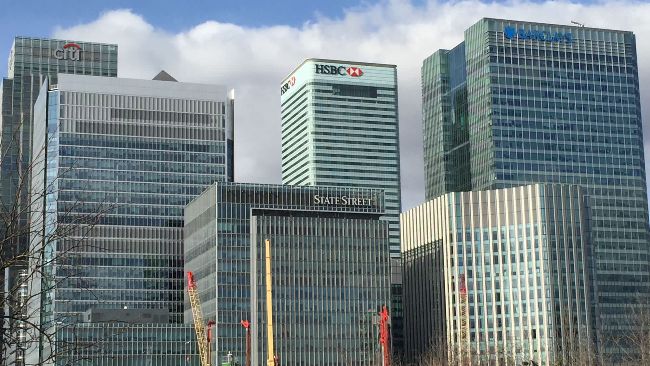According to US bank Citizen, the race to acquire blockchain infrastructure is accelerating.
Citizens said in a new research report that they expect the pace of mergers and acquisitions across digital assets to accelerate going forward.
Analysts said the digital asset industry’s technical complexity, talent shortage and stringent compliance requirements make acquisition the most viable option for incumbents. Digitally native companies, on the other hand, gain scale, customer reach, and regulatory credibility by joining larger financial networks.
Mastercard (MA) is reportedly in talks to acquire Zerohash for up to $2 billion, and Coinbase (COIN) is nearing a similar-sized deal with London-based BVNK, highlighting how traditional and crypto-native companies alike are becoming more aggressive in securing digital asset capabilities.
Analysts led by Devin Ryan wrote that these moves reflect a broader strategic shift, with companies increasingly choosing to buy rather than build to expand their crypto services.
Regulatory momentum in the United States is also fueling the rush. With the passage of the GENIUS Act, which sets rules for stablecoins, and the anticipated passage of the CLARITY Act on market structure, the political and policy environment has changed from a “hostile” to a supportive one, citizens said. This change is accelerating adoption as banks, payment processors, and asset management companies look to integrate blockchain infrastructure.
According to the report, tokenization is a key driver of this activity. The bank predicts that the market could generate nearly $100 billion in annual revenue from services such as trading, storage, and data by 2030 as stablecoins and tokenized assets move into the financial mainstream.
The market capitalization of stablecoins has already risen to about $315 billion from $250 billion in mid-year, and is on track to surpass $1 trillion, analysts said. Competition is increasing as companies scramble to remain relevant while legacy systems risk being disintermediated by faster, cheaper blockchain rails.
Citizens said first movers with trusted brands and customer reach stand to benefit most, even if they have to adapt their business models before market demand is full.
As the regulatory landscape becomes clearer, customer appetite increases and the cost of inaction increases, the bank expects a wave of M&A to rise, marking the beginning of a consolidation cycle that will define the next phase of the digital asset economy.
read more: The public sees Ether priced at $10,000 as supply tightens and institutional demand soars


